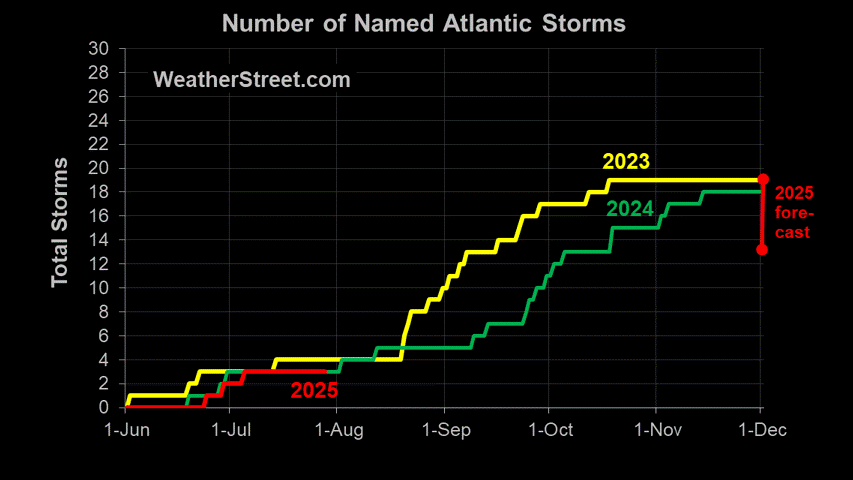Climate Change bill - one step closer
Many Democrats appeared to have reservations about the bill, until the house leadership and the White House pressured the vote. What better way to ensure passage than to ram the issue through on a Friday night before a holiday recess. The news cycle is over and then Congress leaves for recess and Independence Day Holiday. By the time they return in session, the short American attention span will have moved on to something else. And with all the confusion and hype surrounding the deaths of Michael Jackson and Farrah Fawcett just adds to the cover.
We cannot allow this bill to pass. The Senate vote will be much more difficult but I am not convinced that a straight party line vote won't result in a victory for the global warming alarmist crowd. And to what end? Global temperatures have remained fairly constant or even decreased over teh past 10 years. The US southland is in a heatwave right now but the entire country has had a rather cool year so far with record lows and even snow as late as early June.
Global warming alarmists predict near catastrophe by 2100 - 90 years from now. Couldn't Congress wait 2 weeks to properly read and debate this bill?
Below are some links to opinions from industry courtesy of Hydrocarbon Processing Magazine.
API opposes Waxman-Markey climate change legislation
The Waxman-Markey climate change legislation will drive up the cost of gasoline and other petroleum fuels for consumers and businesses and should be set aside, API President Jack Gerard said in a letter to Congress today. API opposes the legislation, as it appears time has run out to fix the proposal’s many flaws.
“As independent analysis suggests, this legislation will drive up consumer prices for gasoline and other fuels. At today’s prices, it would mean gasoline at more than $4 a gallon. It also will create huge disincentives for the production of America’s abundant natural gas resources, and force jobs and productive capacity overseas,” Gerard said.
“API supports legislation to reduce emissions of greenhouse gases in lieu of ill-suited federal and state regulatory programs,” Gerard said. “The oil and natural gas industry is responsible for 44% of the $133 billion in total public and private sector investments in low-carbon energy technology since 2000.
Unfortunately, the approach taken by the Waxman-Markey bill is so fundamentally flawed that the House should reject it. Simply stated, the bill will cost Americans billions of dollars in higher costs, kill jobs and will not deliver the environmental benefits promised.”
NPRA Files Comments on EPA's Proposed Endangerment Findings for Greenhouse Gases
WASHINGTON, D.C. – NPRA, the National Petrochemical & Refiners Association, today submitted comments to the Environmental Protection Agency on EPA’s Proposed Endangerment and Cause or Contribute Findings for Greenhouse Gases.
“We have concerns with EPA’s proposed findings for a number of reasons,” said NPRA President Charles T. Drevna. “The Agency selectively used science, and has failed to identify and address many of the uncertainties and assumptions in the models it relies on. EPA has also failed to adequately consider the consequences of an unnecessarily broad endangerment finding, and the Agency’s legal foundation for its proposed findings is questionable at best.
“As it’s currently constructed, EPA’s proposal simply constitutes unsound policy. Given this matter’s tremendous significance to American consumers, manufacturers, and the economy, we urge EPA to reconsider its proposed findings, particularly in regard to the legal, scientific, and policy issues raised in NPRA’s comments.”









<< Home